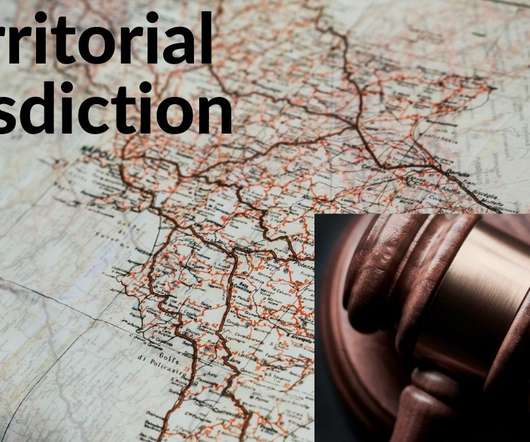Relevance of Indian Limitation Law vis-à-vis Foreign-seated International Arbitration With Indian Law As The Applicable Substantive Law
Conflict of Laws
APRIL 13, 2023
The determination of the law applicable to limitation is a complex exercise. The aim of this post is to explore how would Indian substantive law of the contract impact limitation period and party autonomy, especially in the context of contracting out of limitation in a foreign-seated international arbitration.














Let's personalize your content